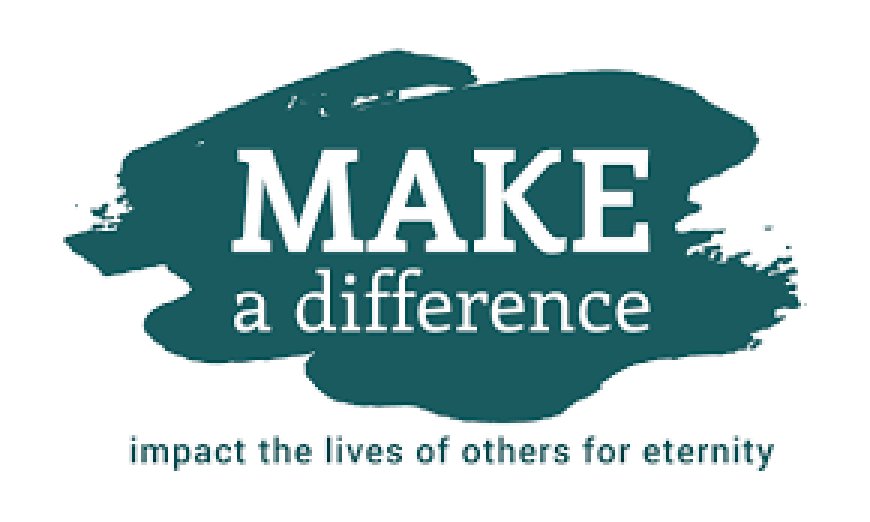Trick or Treat
This article examines the deceptive tricks of corruption and how they undermine trust in society. It explores various forms of corruption, motivations behind deceit, and its pervasive impact on individuals and communities. The normalization of corrupt practices is discussed, alongside a case study of Nigeria’s oil sector to illustrate the consequences. Ultimately, the article advocates for stronger institutions and a cultural shift toward accountability to combat corruption effectively

In the game of politics and governance, corruption is the hidden player that distorts realities, erodes trust, and betrays the very principles of democracy. Like a mischievous trickster, corruption masks its true intentions behind a facade of normalcy, leading citizens to believe in the integrity of their institutions while slowly siphoning off resources meant for their welfare. This article delves into the deceptive nature of corruption, exploring its various forms, the motivations behind it, and its devastating impact on society.
Understanding the Tricks of Corruption
Corruption manifests itself in myriad forms, from subtle bribery and nepotism to overt embezzlement and fraud. Each form possesses its unique cunning, creating a terrain resistant to accountability. For instance, a public official might present a seemingly innocuous proposal for infrastructure development, only for the funds allocated to be misappropriated. This trick deceives not just the stakeholders but also the responsible authorities, who often remain oblivious to the layers of deceit surrounding them.
Motivations Behind the Deceit
At its core, the trick of corruption is driven by greed and the lust for power. Individuals and entities willingly engage in dishonest practices for personal gain, blinded by the prospect of wealth and influence. Furthermore, poorly structured systems with inadequate checks and balances create an environment ripe for corruption to flourish. In many cases, societal norms even condone or encourage corrupt practices, making it difficult for individuals to resist participating in them.
Cultural Acceptance and Normalization of Corruption
In some cultures, bribery has become normalized; it’s viewed as an essential part of getting things done. People may resort to paying bribes out of desperation, believing that it’s the only pathway to access basic services. This normalization perpetuates the trickery, reinforcing a cycle where corruption becomes a way of life rather than an exception.
The Impact of Corruption on Society
The trick of corruption has far-reaching implications. Not only does it siphon public funds intended for development programs, healthcare, and education, but it also diminishes citizens’ trust in their government and institutions. A lack of trust leads to weakened civic engagement and disillusionment, fostering an environment where democracy struggles to thrive.
In developing nations, corruption can lead to a stark inequality between the elite and the marginalized, exacerbating poverty and limiting opportunities for the underprivileged. Essential services like education and healthcare become luxuries, accessible only to those who can navigate the corrupt maze.
Case Study: The Corruption Scandal in Nigeria
One of the most illustrative examples of corruption's tricks can be observed in Nigeria’s oil sector, where billions of dollars have vanished into thin air, often attributed to mismanagement and embezzlement by top officials. While the citizens of Nigeria possess vast natural wealth, the benefits have largely eluded them due to systemic corruption and false promises. This case highlights how corruption can turn potential prosperity into prolonged suffering, revealing the extensive damage caused by deceivers embedded in power.

Conclusion
Corruption, with its myriad tricks, poses a significant threat to societal trust, governance, and economic development. The insidious nature of deceit inherent in corrupt practices must be faced head-on. Combating corruption requires robust institutions, greater transparency, and a culture that encourages accountability at all levels. Only then can societies hope to dismantle the tricks of corruption that have held them hostage for far too long.
What's Your Reaction?















































































































